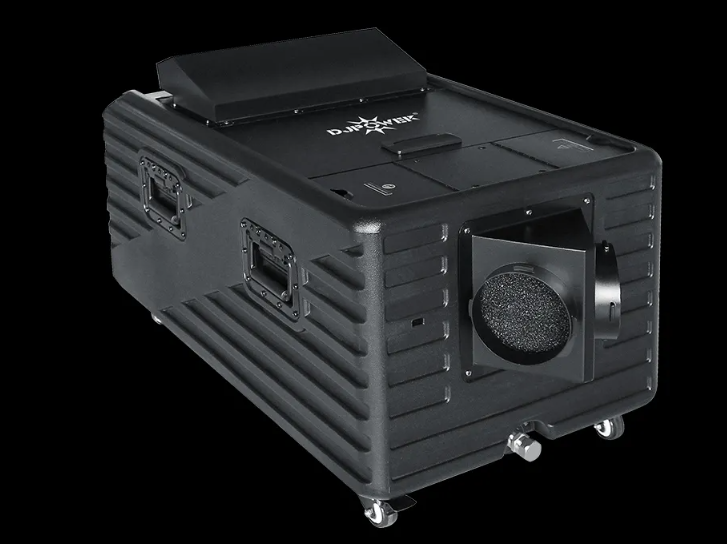How it all works
The focusing lens in a Co2 laser cutter/engraver converges the laser beam to form the focal point of the laser cutting or engraving material. This point is located at the sharpest point of convergence of the beam and is often referred to as the "spot size". Several factors can affect this spot size, which will ultimately determine the outcome of your project. The purpose of this article is to explain these differences and give you a better understanding of which lens is best for you.
What are the different options?
The most common lens options are 1.5, 2.0, 3.0 and 4.0 inches. These measurements are the focal lengths needed for each lens to focus perfectly. For example, a 1.5-inch lens needs to be exactly 1.5 inches above the surface of the material to focus correctly. The main factors that distinguish each lens are spot size and depth of focus. The smaller the lens, the smaller the focal length and spot size.
What is the difference between them and which one do I need?
Smaller lenses provide finer resolution when engraving. However, a smaller lens has a reduced depth of focus, resulting in reduced cutting ability and is only recommended for cutting thin materials. The larger the lens, the larger the spot size and depth of focus, the greater the cutting capability. Larger lenses are recommended for cutting thicker materials and for cutting at higher speeds. However, the larger the lens, the more you will sacrifice engraving resolution. The spot size also affects the beam energy, which is why a larger lens requires a higher power laser. Most laser cutter/engraver systems come standard with a 2-inch lens, as this provides the best overall performance and balance between good engraving resolution and cutting power.
Which focusing lens is best for which type of project?
CO2 laser systems are typically equipped with a special focusing lens - one that is usually suitable for most engraving and cutting applications. Epilog offers a standard 2-inch focal lens for all CO2 systems we manufacture; however, we offer additional lenses to help improve specific applications. After discussing common CO2 focusing lens applications, we will move on to discuss common lenses found in fiber laser systems. One and a half inch, two inch or four inch lenses are all commonly used in laser systems. Which lenses are suitable for which applications?
1.5-inch lenses
Optional lens for high resolution engraving.
Recommended for lenticular engraving above 600 DPI resolution.
Recommended for small type or fine detail engraving.
Produces a spot diameter of 0.003 to 0.0065 inches.
Good cutting lens for thin (less than 1/16 inch) materials.
2-inch lens
Standard lens on most laser systems.
Versatile and suitable for engraving and cutting applications.
Recommended for lenticular engraving at 300 DPI to 600 DPI resolution.
Produces a spot diameter of 0.004 to 0.007 inches.
4-inch lens
Produces a focused beam at longer vertical distances
Special lenses are typically used for engraving in recessed areas (bowls or plates)
Used to cut thicker materials.



没有评论:
发表评论